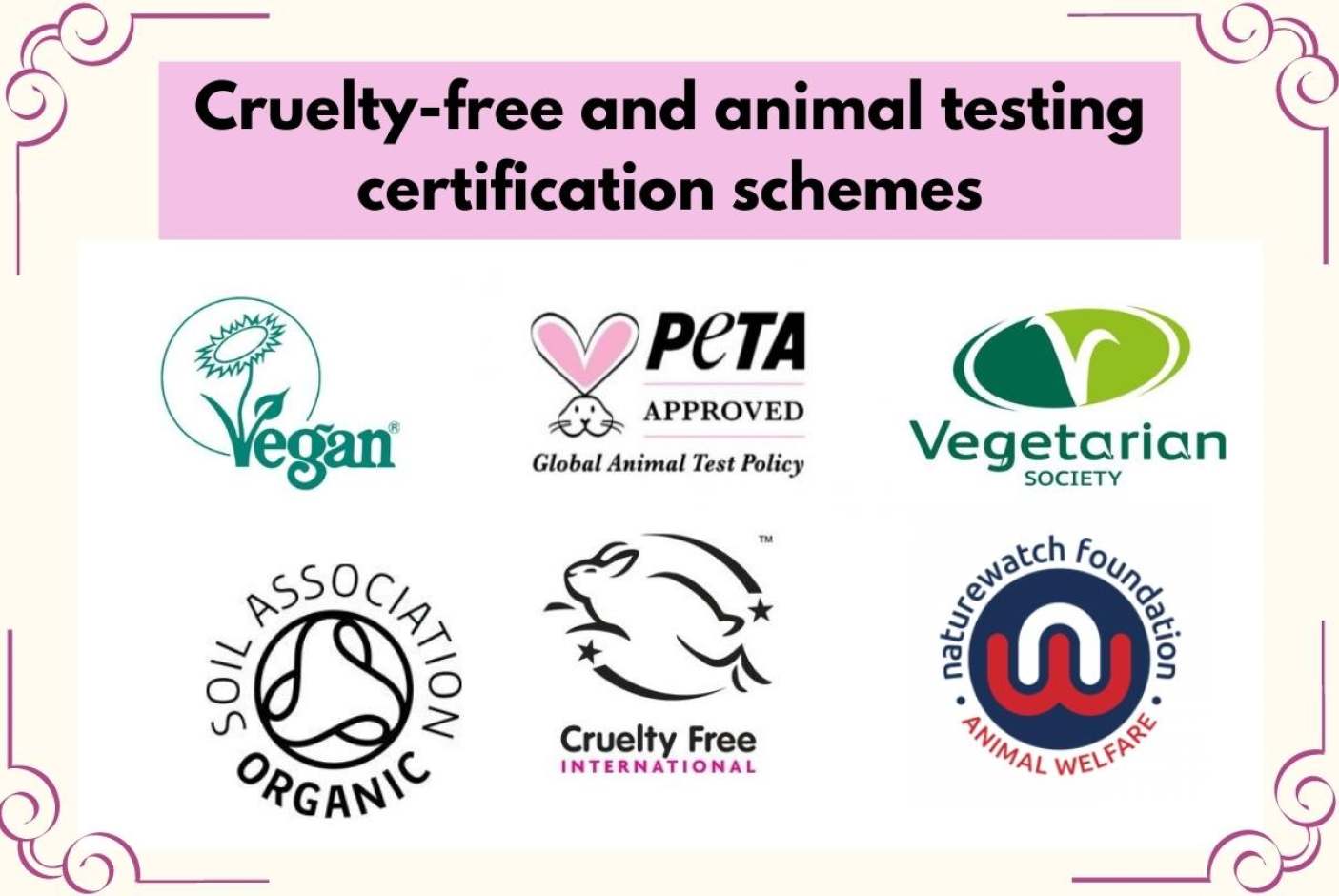In a world increasingly concerned with ethical consumption, the term “cruelty-free” resonates with those invested in bettering the lives of animals. For businesses, adopting such principles can significantly change both their operational practices and their public image. To be considered cruelty-free, a business must prioritize the well-being of animals and adhere to guidelines that prohibit animal testing and the use of animal-derived ingredients. However, the concept of cruelty-free transcends mere practices; it encompasses ethical branding that aligns with emerging consumer values.
Ethical branding is not merely a marketing trend. It demands a commitment to transparency, ethical sourcing, and responsibility in production processes. More than just labeling products as cruelty-free, it requires a holistic approach to business that considers the impacts of every decision made. A cruelty-free business identifies itself through various certifications and partnerships that validate their promises to consumers. These certifications often come from reputable organizations that evaluate companies based on stringent ethical standards.
The journey to becoming a cruelty-free entity begins with a profound understanding of what animal welfare encompasses. This includes not only the elimination of animal testing but also the avoidance of sourcing ingredients derived from animals. By fostering a deep intrinsic relationship with ethical suppliers, businesses can ensure that their entire supply chain upholds humane values. This connection fosters a profound authenticity in branding, attracting a consumer base that prioritizes compassion in their purchasing decisions.
Furthermore, consumer enlightenment drives the evolution of cruelty-free branding. Today’s consumers are increasingly aware and discerning. They seek more than just traditional product attributes; they desire products aligned with their ethical beliefs. The engagement with brands that are transparent about their practices can shift perspectives within the marketplace. Businesses that embrace this shift find themselves tapping into an audience willing to pay a premium for ethically produced items.
An essential aspect of ethical branding is storytelling. By articulating their journey towards cruelty-free practices, businesses can resonate deeply with consumers. Impactful narratives about sourcing, production, and the people behind the brands can further enhance emotional connections. When a business communicates its dedication to animal welfare and sustainability, it invites potential customers to partake in a collective mission against animal cruelty.
However, the challenge lies in achieving authenticity. Businesses that commit to ethical branding must avoid “greenwashing,” a term used to describe the deceptive practice of promoting an image of environmental responsibility while failing to implement sustainable practices. Genuine cruelty-free businesses embrace comprehensive policies encapsulating every facet of their operations. This includes regularly reviewing practices, conducting impact assessments, and remaining receptive to feedback from stakeholders.
Moreover, certification plays a pivotal role in building trust. Various organizations offer certification programs that validate cruelty-free claims. These certifications are essential for ensuring adherence to ethical standards and can influence consumer trust. Well-recognized labels can act as badges of honor, signaling to consumers that a brand genuinely embodies what it claims. This fosters consumer loyalty, as individuals are often aligned with brands that reflect their values.
Additionally, the responsibility of cruelty-free businesses extends beyond just product offerings. Many ethical brands engage in philanthropic endeavors that support animal welfare organizations, rescue operations, and advocacy groups. By contributing to the welfare of animals, these businesses exemplify a genuine commitment to their cause. This not only bolsters their branding but also amplifies the message of compassion that underscored their establishment.
Moving forward, the expansion of cruelty-free businesses reflects a broader trend toward conscientious consumerism. With an increasing number of brands adopting ethical practices, there is hope for a paradigm shift in the market. Consumers are now equipped with the necessary knowledge to make informed decisions; they can actively participate in the movement against animal cruelty by supporting brands that resonate with their values. Ethical branding, therefore, emerges as an imperative for businesses aspiring to thrive in an evolving market landscape.
The future of business lies in embracing cruelty-free principles. As awareness continues to grow, brands are tasked with innovating and maintaining ethical practices. In doing so, they are not only fostering loyalty but also pioneering a cultural transformation that prioritizes compassion and respect for all living beings. Ultimately, a cruelty-free business signifies more than just a label; it embodies a commitment to humane values that could inspire a global revolution in production and consumption.
In conclusion, when one speaks of cruelty-free businesses, it is an invocation of ethical branding realized through steadfast commitments to animal welfare, transparent practices, and a collective mission to challenge the status quo. As society progresses, the hope is that ethical branding becomes the norm rather than the exception. The promise held within these enterprises encapsulates the potential for a kinder world where the welfare of animals is at the forefront of every business decision.








